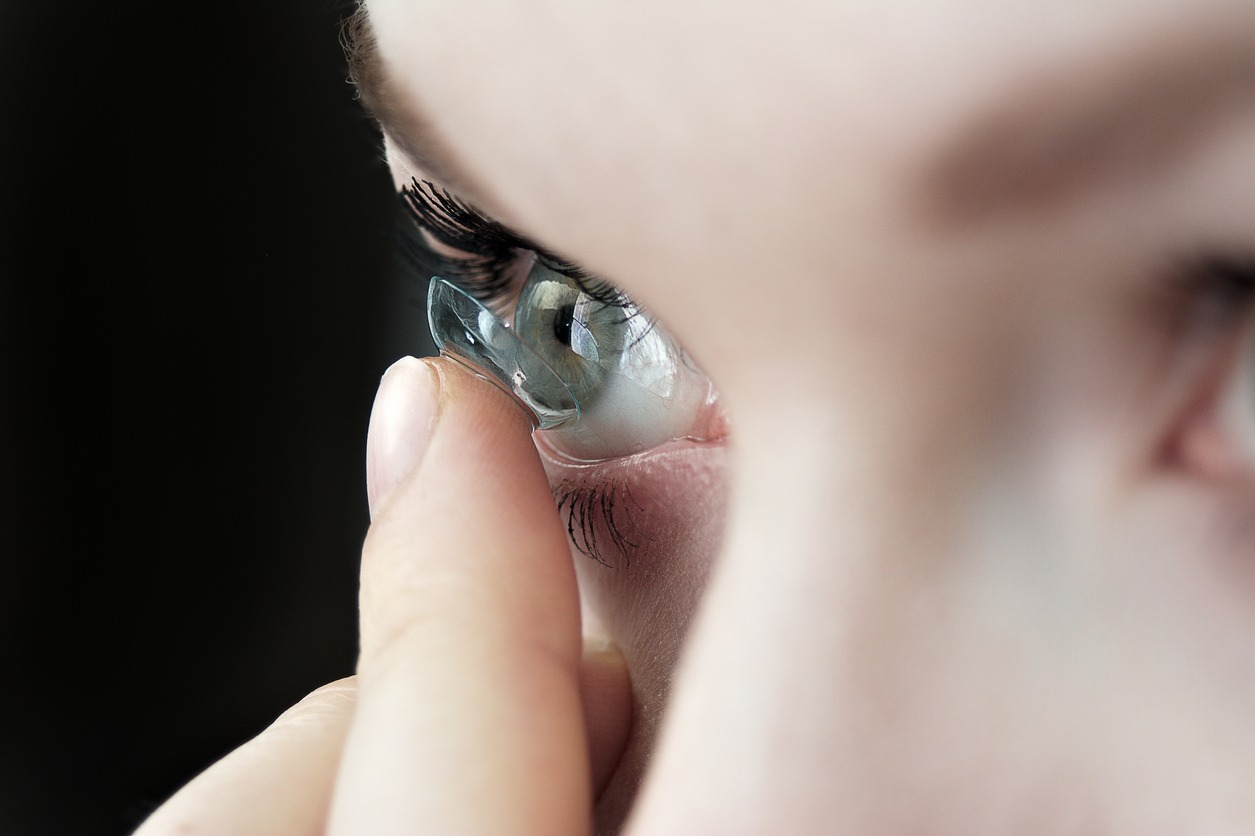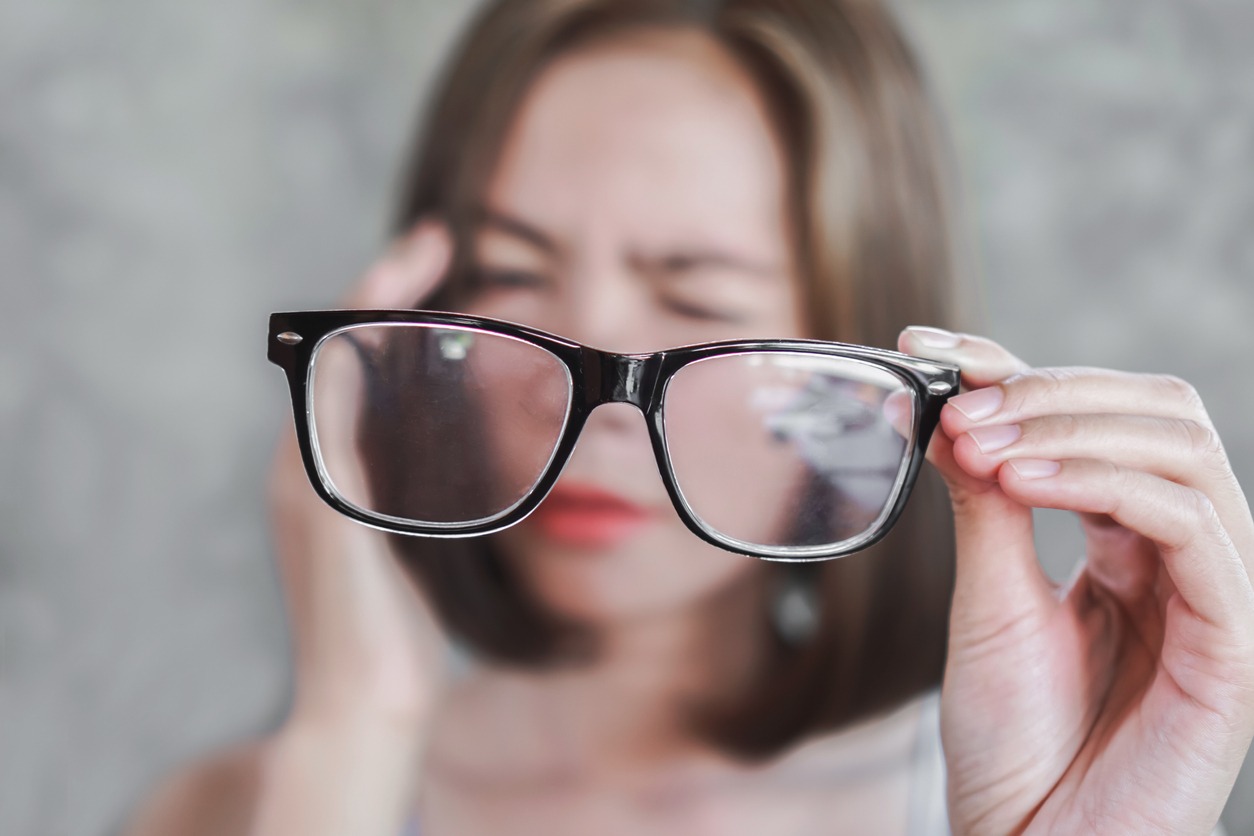It may be difficult to believe, but the overwhelming majority of people use some form of corrective vision aid, such as glasses or contact lenses. A recent survey revealed that an estimated more than sixty-five percent of adults use some kind of visual corrective device, and the number of people doing so is continuing to grow.
Have you ever given any thought to the possibility that you might lose your glasses or contacts by accident and not have a spare pair handy? What happens if you find yourself in the middle of a natural disaster and your glasses shatter or get misplaced at that precise moment? If you rely on corrective glasses or contacts, it is imperative that you prepare your vision in advance. This article will walk you through how to handle complications, difficult situations, and precautions that are important to know for people who wear contacts or glasses.
Preparation for Contact Lens Wearers
To begin, let’s talk about contact lenses. These are essentially replacements for, or alternatives to, glasses, so most people wear them to improve their eyesight. They are an excellent alternative for individuals who do not wish to or are unable to undergo any LASIK laser surgery and can help correct nearsightedness, farsightedness, and astigmatism. Additionally, they are helpful for people who are unable to undergo any LASIK laser surgery.
If you have a vision impairment of any kind and you find yourself in an unfavorable situation while you are wearing contacts or glasses, there are certain precautions that you need to take care of to protect your eyes. In the worst-case scenario, if you are ever in a situation where you are faced with a natural disaster such as a power outage, tornadoes, wildfires, urban violence, or any other circumstance, you will need to be prepared.
Obtain Additional Contacts
There are many different sets of lenses that are accessible, each of which can be of assistance to you in a different set of predicaments depending on the nature of the catastrophe. Finding them and being able to put them on can be a huge challenge in a catastrophic setting where there is no electricity or running water to be found. It is strongly suggested that you wear extended-wear lenses because you can even wear them while sleeping with them.
Even contacts of the highest quality, when combined with bacteria found in the air, can cause eye infections. Therefore, relying solely on contacts can be a dangerous thing to do, especially during times of natural disasters. On the other hand, if you intend to wear contacts, you must ensure you have contact lens cases and bottles of saline solution at your disposal.
Advice on Contact Lens Safety
Every pair of contact lens can be worn for daily use or a longer period. As long as you remove and clean your contacts before going to bed each night, daily wear contacts can keep you a comfortable fit for up to a month as long as you do so. That would be a bit of a pain in the neck in the event of a major catastrophe when there is no electricity and no running water. Even though extended wear contacts can be worn while sleeping, it is not advisable to wear them for more than seven days in a row.
Nevertheless, if you have no other option, you can keep them on for as long as a month. You might be able to use them for an additional three months if you clean them every night, but that’s pushing it. If you plan on wearing contacts after the SHTF, you should stock up on plenty of contact lens cases as well as bottles of saline solution. Be sure to check the date that is printed on those bottles to see if they are still good. Although the saline solution should still be safe to use for some time after the expiration date, the saline itself will eventually degrade or the bottle will become contaminated if it is used after the expiration date.
If this occurs, and you continue to use it, you run the risk of developing a severe infection or even losing your sight. If you are unable to wash your hands with soap and water, you should also bring along some hand sanitizer. Your eyes and contact lenses are the last things you want to contaminate by touching them with soiled fingers. However, before touching your contacts or your eyes after using hand sanitizer, you should make sure that the alcohol has completely evaporated from your hands.
New contact lenses that are still in their original packaging and have not been opened should have a shelf life of up to three years, which is more than enough time to get you through the majority of emergencies. However, if you are preparing for a doomsday scenario that will take place in the distant future, you should be aware that wearing contact lenses will become increasingly hazardous after the first three years have passed. Your eyes will become more prone to infection and will dry out more quickly as a result of this.
Preparation for Glasses Wearers
People who favor wearing glasses over contacts are still required to take certain precautions to safeguard themselves against potentially harmful circumstances. If it is at all possible, you should keep an extra pair at your house, an extra pair in your vehicle, and an extra pair in your emergency bag (the pair you keep in your emergency bag should be protected by a hard case). It might sound like an expensive proposition to purchase that many additional glasses, but if you order them online, it won’t be nearly as much. For this purpose, titanium frames are recommended because they are exceptionally strong despite their low weight; however, there are many other types of frames from which to choose.
About LASIK
This is by far the most ideal course of action. The issue is that it’s a bit on the pricey side. You should budget at least $3,000 to ensure that the job is done correctly. Keep in mind that if you are under the age of 40, your eyes may continue to change as you get older. This is something to think about. This means that even if you get the LASIK surgery, your vision may become cloudy once more after five or ten years, at which point you will need to get glasses once more (or more surgery).
The effects of hurricanes, earthquakes, fires and other natural disasters serve as an important reminder to everyone about the significance of making adequate preparations for such occurrences and the role that aftermath plays in this regard. Those individuals who require vision correction to see properly have a higher risk of suffering damage to their eyes and vision both during and after a natural disaster. Extra precautions must be taken to protect these individuals’ eyes and vision.


